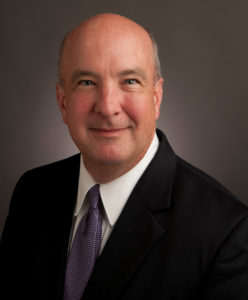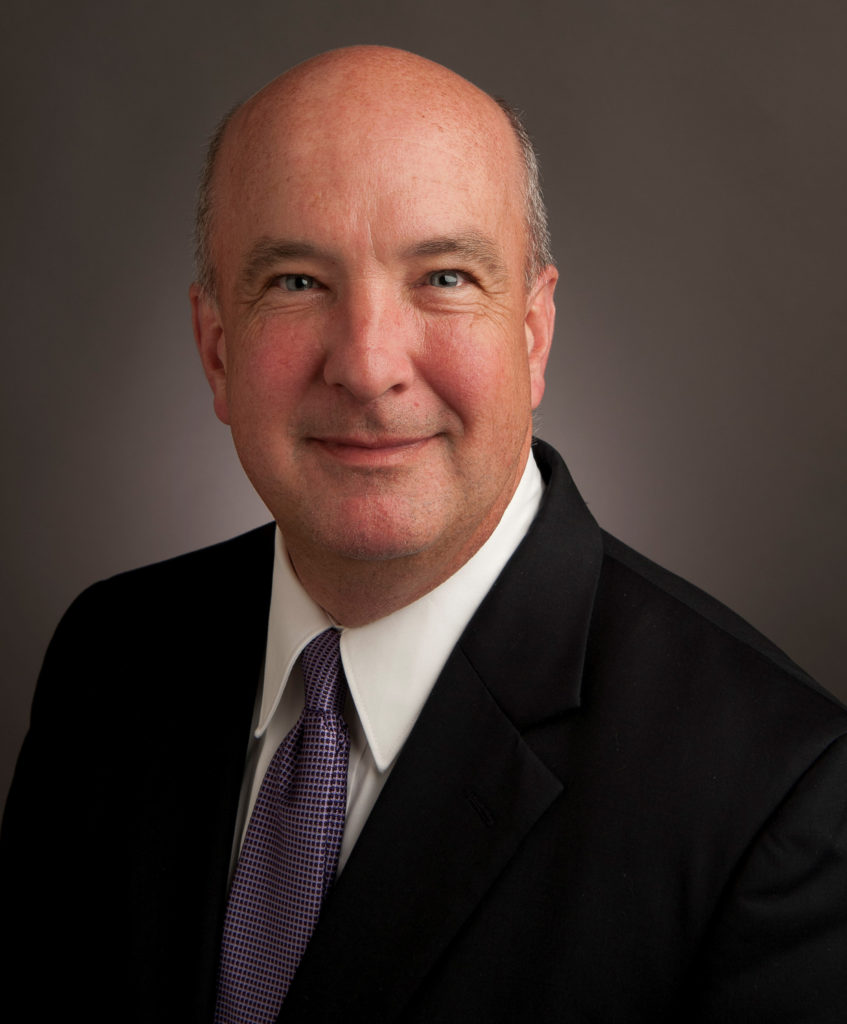Starting next Wednesday, Bill Menner, a former White House appointee to the Department of Agriculture, will teach a four-part bucket course on rural community and rural development at the Drake Community Library. The course will last from Sept. 12 to Oct. 3.
The course, titled “Agriculture, Small Towns and the Federal Government: A Look at the Relationship Over the Years,” will meet every Thursday for four weeks. Participants can learn and engage in conversations about the roles that federal and local governments, businesses, and other institutions play in the development of rural economies. The course will also address the role of agriculture subsidies and the protection of farmers from unpredictable changes in commodity prices and the weather.
“The point is to bring in different perspectives,” Menner said. “My interest lies in, ‘Why is it that the federal government needs to be engaged and supportive of rural economies?’”
Menner, a long-time resident of Grinnell, hopes to explore the ways in which the federal government has helped rural communities in the past, starting with rural electrification during the 1930s.
“No right-minded utility was ever going to extend power lines down a gravel road or a dirt road to serve two farms,” Menner said. “There is no return on investment, so the government had to step in.”
In the later parts of the course, he plans to put the rural electrification of the 1930s in context and discuss the relevancy of the issue by comparing it to the rate that high-speed Internet is spreading today. “It’s really no different than the 1930s when small towns didn’t have electricity. Today, many small towns don’t have high-speed broadband, because there’s no business case to be made,” Menner said.
A resident of Grinnell since 1990, Menner has been involved in numerous projects that helped shape Grinnell. From 2001-2009, he ran Grinnell Renaissance, the city’s downtown development organization. He also served as the county economic development director for Poweshiek Iowa Development.
After President Obama was elected in 2009, Menner spent the next eight years as the State Director of the U.S. Department of Agriculture Rural Development Agency (USDA) in Iowa.
“It’s an agency that provides funding, loan[s], grant[s] [and] loan guarantee[s] for projects in small towns, and it helps finance projects that the local banks don’t have the capacity to fund or don’t want to fund.”
Menner believes that small towns cannot solely rely on investments from for-profit organizations for their economies to thrive, and that support from the federal government is indispensable in the growth of rural communities across the country. “Somehow, if the people there are going to get reasonable service, the government has to step in,” Menner said.
Menner would like this course to spark broader and deeper conversations as a community about issues concerning livability and how to resolve them.
“They may learn a few things they didn’t know, or they’ll get a chance to share their own experiences, which I hope they do,” he said.

*an earlier edition of this article stated Menner’s courses began on Thursday instead of Wednesday. It has been corrected to the correct day.































































Judy Hunter • Sep 8, 2018 at 9:57 am
It’s on Wednesday at 10 am at the Drake Community Library. (Not Thursday).